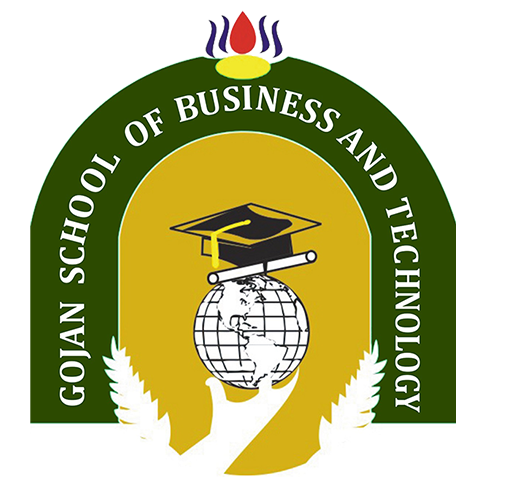B.Tech-Bio Technology
- Home
- B.Tech-Bio Technology
About The Department
The Department of B.Tech-Bio Technology at [Your Institution Name] is committed to advancing the frontiers of biological science and technology. Our dedicated faculty, state-of-the-art laboratories, and collaborative research environment equip students with the knowledge and skills necessary to excel in various biotechnological fields. We offer a comprehensive curriculum that blends theoretical knowledge with practical applications, preparing our graduates for successful careers in academia, industry, and research.

Vision & Mission
Vision
- To be a leading centre of excellence in biotechnology education, research, and innovation, fostering sustainable solutions for global challenges in health, agriculture, and the environment.
Mission
- To provide high-quality education that integrates theoretical and practical aspects of biotechnology.
- To conduct cutting-edge research that advances knowledge and addresses real-world problems.
- To promote interdisciplinary collaboration and partnerships with industry and academia.
- To nurture ethical, innovative, and socially responsible professionals in the field of biotechnology.
Board of Studies
- The Board of Studies (BoS) is a key academic body responsible for ensuring the quality and relevance of the department's educational programs. It plays a crucial role in curriculum development, academic standards, and strategic planning.
Composition of Board of Studies
- The BoS is composed of:
1.Head of the Department (Chairperson)
2.Senior Faculty Members
3.Subject Experts from Academia
4.Industry Representatives
5.Alumni Members
6.Student Representatives
Constitution and Functions of Board of Studies
Constitution: The BoS is constituted to include a diverse group of experts and stakeholders who bring varied perspectives to the academic and strategic decisions of the department.
Functions:
- Reviewing and updating the curriculum to reflect the latest advancements in biotechnology.
- Ensuring the incorporation of industry trends and requirements into the educational programs.
- Evaluating and recommending new courses and programs.
- Overseeing the implementation of academic policies and regulations.
- Facilitating academic collaborations and partnerships.
- Addressing student feedback and improving the overall academic experience.



